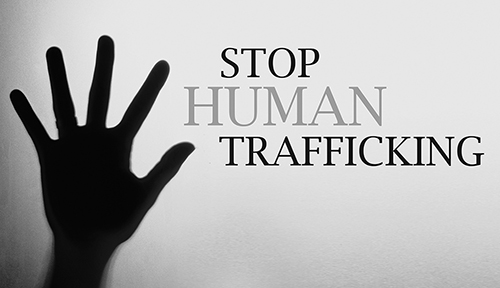Anti-Backpage trafficking bill on track to become law
Late last month, the US House of Representatives passed the Allow States and Victims to Fight Online Sex Trafficking Act of 2017, or FOSTA. Yesterday, the US Senate voted almost unanimously to advance their version of the act known as the Stop Enabling Sex Traffickers Act, or SESTA. It’s expected to be passed by the Senate later today and then signed into law later this week. SESTA/FOSTA would allow the victims of online sex trafficking to seek damages against sites like Backpage who allegedly knowingly assisted in the trafficking trade.
As has been mentioned before, SESTA/FOSTA amends section 230 of the Communications Decency Act of 1996 which Backpage has used to claim that their role in the sex trade is protected free speech under the law. A number of opponents to SESTA/FOSTA claim that this amendment will mean the death of free speech on the internet as we know it, however, that is simply not true. As this piece on political blog The Hill points out, “the legislation requires proof that a website “knowingly” assisted, facilitated, or supported sex trafficking when it entered into a venture with a sex trafficker.”
All the evidence that has been uncovered by journalists and a congressional investigation seem to point out that Backpage knowingly engaged and assisted sex traffickers by advising them on what to put in their ads. This is and has never been an issue about free speech, but rather the freedom of the women and children who have been trafficked on Backpage. Most arguments against the purported legislation are just fear-mongering and histrionics.





Leave a Reply